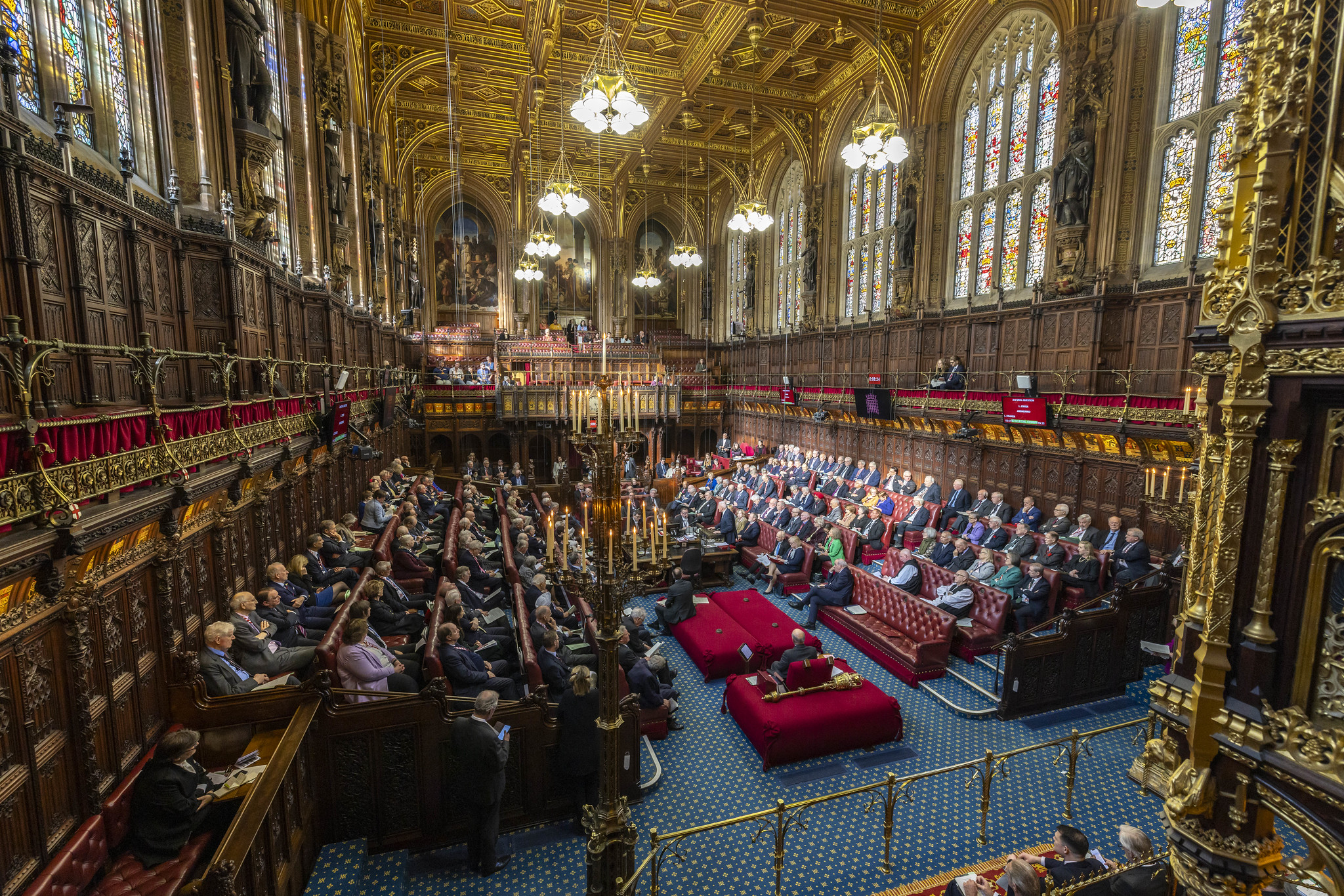Many important points came up, but we want to highlight these six:
① Lord Hacking said his postbag had been almost exclusively opposed to the Bill, and many Peers made a point of thanking those who had written. Lord Rees of Easton (former Mayor of Bristol Marvin Rees) added:
“I have been particularly struck by the hand-written letters which have been sent, which speaks about people’s real dedication.”
Thank you to all who’ve heeded our call to send letters – it makes a difference. If you have not yet had chance, there is still every reason to make your voice heard (perhaps contacting a Peer who used to represent your area in the Commons or at Holyrood).
② Oxford academic Lord Biggar cited polling commissioned by Care Not Killing:
“Some—typically privileged like us—would have a choice between decent palliative care and assisted suicide. But others—poorer and less white—would have to choose between grievous suffering and killing themselves. That is why two-thirds of the more than 5,000 people polled by Focaldata last November wanted end-of-life care sorted out first before any thought is given to assisted suicide.”
Baroness Bennett claimed “clear and settled” public support for “assisted dying”, but CNK polling also found that public support is in fact fluid, collapsing (to just 11%) after key arguments and evidence are heard.
③ Several Peers said that despite their supporting the principle, the Bill needed significant amendment. Former Health Minister Lord Bethell was searing in his assessment:
“Without substantial clarification and reform, it could devastate the NHS and our healthcare system. We must address its fundamental flaws, or this legislation should take pause before it irreparably damages our health system.”
④ As if to illustrate warnings that this bill would be susceptible to extension – a “first step” – Baroness Murphy referred to “the Canada model—a rather wider scheme, which I would have supported strongly… I am content to go through with this Bill as it is, but I am one who would like to see in the future an expansion of eligibility criteria.”
⑤ The Lords Delegated Powers Committee and Lords Constitution Committee issued significant new reports this week, with barrister Lord Carlile saying of the former: “by the calm standards of that committee, its criticism is excoriating”.
Key conclusions from those reports:
- The Bill’s use of “delegated powers… gives sweeping, unspecified and unjustified powers to the Government while removing Parliament’s scrutiny role.”
- “It is constitutionally appropriate for the House to scrutinise the Bill and, if so minded, vote to amend, or reject it.”
⑥ Given that this bill relies on predicting that someone is within six months of death, Lord Polak hit home when he said he spoke “as someone who was given six months to live 37 years ago.” KC and former MP Baroness Prentis of Banbury’s personal perspective was also very affecting:
“I have recently been diagnosed with aggressive cancer and my treatment starts this week. My prognosis is excellent… But there have been some very low moments in the past few weeks… I ask noble Lords to think hard about me, with all my advantages, feeling like a burden… think about the vulnerable and how easy it is for them to feel that their lives are not worth living.”
Image © House of Lords 2025 / photography by Roger Harris (Creative Commons)

